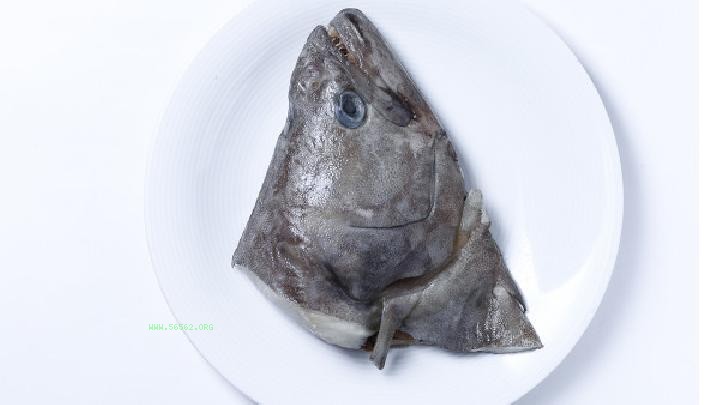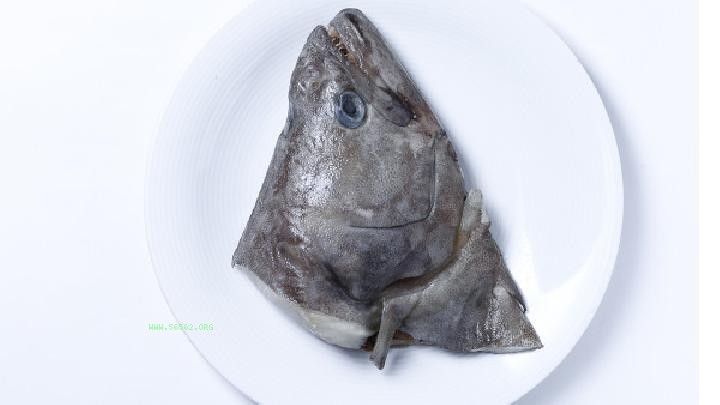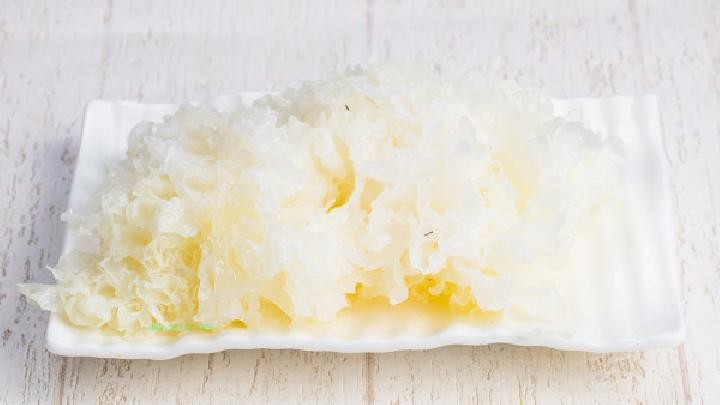Winter is a prone period for stomach diseases, and many people often feel uncomfortable symptoms such as stomach pain, bloating, and acid reflux. Especially after eating cold food, they will feel even more uncomfortable. This is a typical symptom of stomach coldness. So, how can we nourish our stomach in winter? Below are some tips for nourishing and protecting the stomach.
Below are some tips for nourishing and protecting the stomach.
There are 3 measures to nourish the stomach in winter
1. Take good measures to keep warm
The stomach likes warmth and is afraid of cold, prefers moistening and dislikes dryness. Cold weather in autumn and winter can damage the function of the stomach, so it is important to keep the stomach warm. People with chronic gastritis usually wear a stomach protector to keep their stomach warmer. There is a large temperature difference between day and night in autumn and winter. Applying hot water bags or warm patches to the navel at night has a warming and dispersing effect. Cover your bed with bedding at night to prevent stomach pain caused by catching a cold in your abdomen.
2. Diet should be warm, light, soft, and fresh.
People with yang deficiency, qi deficiency, and stomach diseases should have a warm, light, soft, and fresh diet in autumn and winter. It is better to eat hot food. In addition, the diet should be light, soft, and fresh, with regular and quantitative meals. Eat small and frequent meals, avoid eating foods that are too cold, hard, spicy, or sticky, and avoid overeating.
3. Proper supplementation
Traditional Chinese medicine believes that in autumn and winter, one can eat warm yang and dispel cold foods. Warm foods such as lamb and dog meat have a stomach nourishing effect. Sweet foods and traditional Chinese medicine can nourish the spleen and stomach, such as Codonopsis pilosula, Astragalus membranaceus, atractylodes macrocephala, Yam, Xiaomi, Pumpkin, etc., all of which have good effects on nourishing the spleen and stomach, and can also improve immunity. Dried ginger, perilla leaves, ginger, and pepper are excellent products for nourishing and warming the stomach, which can regulate the symptoms of stomach cold.
These four foods can be eaten to nourish the stomach in winter
Spinach
When it comes to what to eat to nourish the stomach, spinach can also be eaten in moderation. Traditional Chinese medicine points out that spinach has the effects of moistening dryness, nourishing the liver, benefiting the intestines and stomach, and relieving constipation. Eating spinach in moderation in daily life can promote secretion in the stomach and pancreas, thereby achieving the effect of promoting digestion. And spinach also contains extremely rich fiber, which can help intestinal peristalsis and facilitate bowel movements.
Pumpkin
According to the Compendium of Materia Medica, "Pumpkin is warm in nature, sweet in taste, and enters the spleen and stomach meridians." It can nourish the middle and qi, reduce inflammation, kill bacteria, and relieve pain. The rich pectin it contains can "adsorb" bacteria and toxic substances, including heavy metals, lead, etc., playing a detoxifying role. Meanwhile, pectin can protect the stomach from irritation and reduce ulcers. Pumpkin can be used to cook Congee or soup to nourish the intestines and stomach. Carrots have a sweet and mild taste, and Chinese medicine believes that they have the effects of "tonifying the middle qi, benefiting the spleen and diaphragm, moistening the intestines and stomach, calming the five organs, and promoting healthy eating". Rich carotenoids can be converted into vitamin A, which can improve eyesight, enhance immunity, and prevent respiratory diseases. Carotenoids are fat soluble and are most suitable for stewing with meat, resulting in a better taste.
If you want to nourish your stomach, cabbage is absolutely essential. It has the effects of strengthening the spleen and stomach, relieving pain, detoxifying and reducing swelling, clearing heat and promoting diuresis.
In addition, cabbage also contains a large amount of vitamin C, which has analgesic and ulcer healing properties. Boiling cabbage with Job's tears, tangerine peel, honey can also treat symptoms such as bloating and pain in the epigastric region, upper abdominal distension, and stomach and duodenal ulcers.





Comments (0)
Leave a Comment
No comments yet
Be the first to share your thoughts!